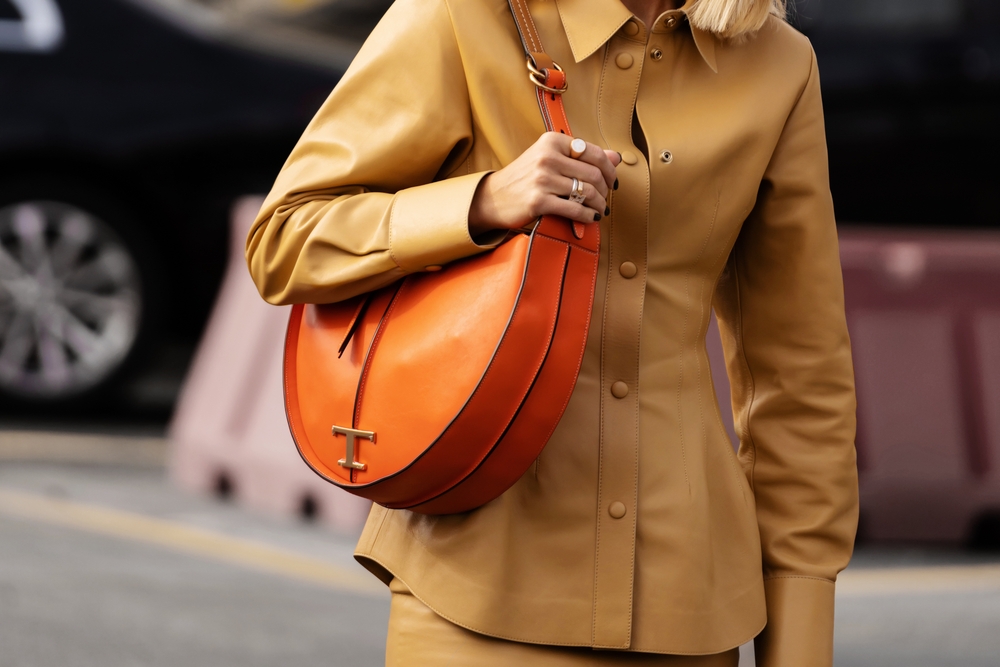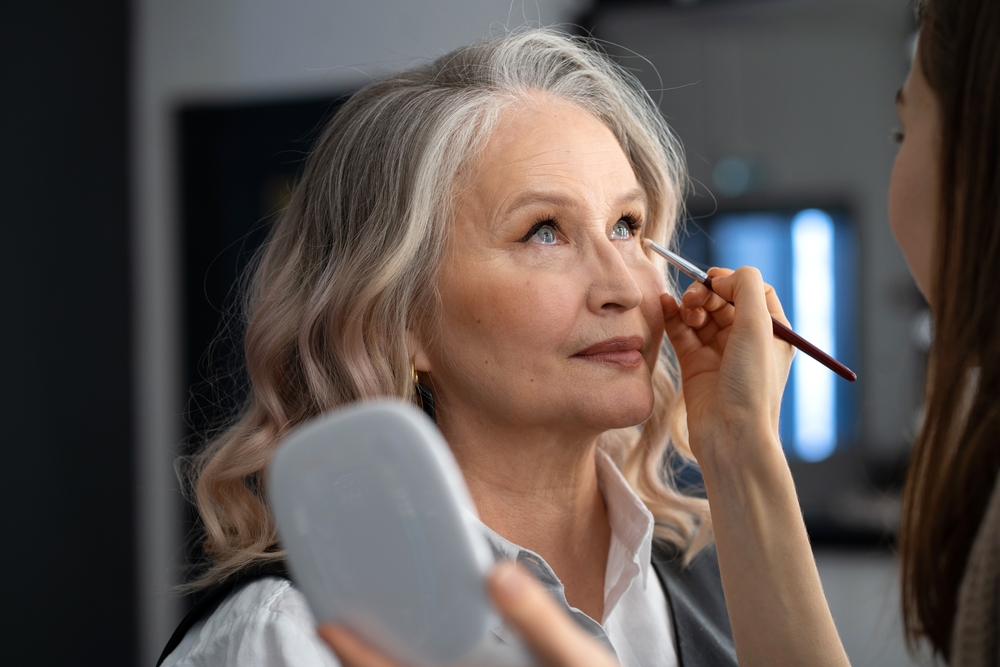There’s a fine line between curiosity and intrusion; too often, people blur it when talking to women. Some topics are off-limits, from unsolicited inquiries about relationships to pointed questions about career choices. These overly personal questions not only invade privacy but often carry judgmental undertones.
1. How Much Do You Weigh?

Asking a woman about her weight is not only intrusive but irrelevant to who she is. Whether she’s feeling confident or self-conscious about her body, this question can throw her off balance. Weight fluctuates, and frankly, it’s no one else’s concern. If you’re curious about her health or well-being, there are far more thoughtful and respectful ways to approach the conversation.
2. Are You Pregnant?

Unless a woman explicitly shares this information with you, it’s never okay to assume or ask. Pregnancy is a deeply personal topic, and asking can be hurtful, especially if she’s dealing with fertility challenges or loss or isn’t interested in having kids. Also, imagine how awkward it could get if she’s not pregnant—now you’ve added an unnecessary layer of discomfort for the both of you.
3. When Are You Going to Have Kids?

This question can feel like an ambush, especially since family planning is a highly personal decision. Whether she wants kids, is undecided, or has chosen not to have them, her reproductive choices are her own. Prying into this area usually brings up complex feelings or pressures, none of which are yours to manage. Let her bring up the conversation if she wants to share.
4. Why Are You Still Single?

This question is loaded with assumptions as if being single needs explaining or fixing. Women are perfectly capable of leading fulfilling lives with or without a partner. Whether she’s happily single, focusing on her career, or hasn’t found the right match, it’s none of your business. Respect her relationship status without making it seem like a problem to solve.
5. How Old Are You?

Age shouldn’t define a woman’s worth, yet society usually uses it as a marker of relevance or desirability. Asking this question can feel like you’re trying to put her in a box. Whether she’s 25 or 55, her age is her story to tell—or not. Focus on her experiences and the insights she offers instead of trying to reduce her to a number.
6. How Much Money Do You Make?

A woman’s salary is her business, period. This question can come across as judgmental or nosy, implying that her value or success is tied to her income. It also places unnecessary pressure on her to justify her financial decisions. If the conversation naturally shifts to career goals or achievements, let her decide how much she wants to disclose.
7. Do You Think You Should Be Eating That?

Commenting on what a woman eats is a fast track to crossing a line. Whether she indulges in dessert or a salad, her food choices are hers alone. This question can feel like a sneaky dig, adding unnecessary anxiety around eating. Food is personal, and nobody needs your unsolicited opinions about their plate—leave the meal commentary out of it.
8. Are You Sure You Want to Wear That?

Fashion is about self-expression, and what a woman wears reflects her style and mood. Asking this question undermines her confidence, suggesting she needs your approval before stepping out. Whether she’s in sweats or a bold runway-inspired look, let her own her outfit without your unsolicited input. Confidence, after all, is the best accessory.
9. Are You on Your Period?

Reducing a woman’s emotions or reactions to her menstrual cycle is both reductive and insulting. This question trivializes her feelings, making it seem like her concerns aren’t valid unless they’re hormone-driven. Women are allowed to feel anger, sadness, or excitement without having their emotions dismissed as “just PMS.” Respect her mood without making assumptions about what the source of the mood is.
10. Why Don’t You Smile More?

The idea that women must appear cheerful for others’ comfort is outdated and exhausting. Asking this question places an unfair expectation on her to perform happiness, even when she doesn’t feel like it. Women don’t exist to brighten your day with a smile. Let her show up as she is, whether deep in thought, focused, or not in the mood to grin.
11. Why Do You Wear So Much Makeup?

Makeup is an art form, a form of self-care, and a way to feel empowered. Questioning how much makeup a woman wears implies judgment as if there’s a “correct” amount. It shouldn’t matter if she’s rocking a full glam look or going bare-faced; it’s her choice. Appreciate her style or keep your opinions to yourself—because makeup, or the lack of it, is not up for debate.
12. Why Don’t You Wear Makeup?

On the flip side, some women prefer a natural look, and that’s just as valid. Asking why she doesn’t wear makeup can feel like you’re suggesting she needs it to look presentable. Every woman has her own relationship with beauty routines; for some, less is more. Respect her choice to embrace her natural skin without conforming to societal beauty standards.
13. Have You Had Work Done?

Cosmetic procedures are deeply personal; some are done for medical reasons, others for enhancement. Asking about them can feel invasive. Whether she’s had work done or not is entirely her business. This question often comes loaded with judgment, as if you’re trying to determine her “authenticity.” Instead of focusing on whether her beauty is enhanced, appreciate her confidence and the choices she makes to feel her best.
14. Why Are You So Emotional?

Emotions are a natural part of being human, and women shouldn’t have to apologize for feeling deeply. This question is usually asked in a dismissive tone, suggesting that her emotions are excessive or unwarranted. Instead of questioning her feelings, try understanding where she’s coming from. Emotional expression is healthy, and women deserve the space to process their feelings without being labeled as “too emotional.”
15. Are You Really Going Out Alone?

Whether dining solo, catching a movie, or traveling, a woman doesn’t need permission—or a chaperone—to enjoy her company. This question implies that women should always seek companionship to feel safe or validated, undermining their independence. Solo adventures are empowering, and a woman who’s confident enough to do things alone deserves admiration, not concern or skepticism. Let her revel in her autonomy.




